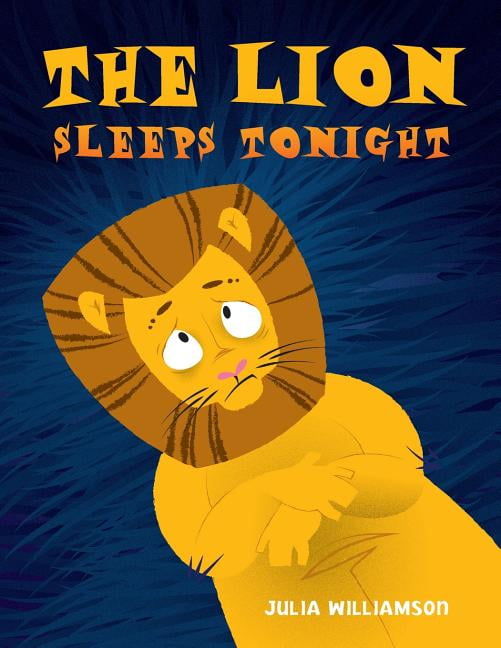

The groups had names like the Naughty Boys or the Boiling Waters, and when World War II broke out, some started calling themselves ‘mbombers, after the dive-bombing Stukas they’d seen on newsreels.

Careful treaders were an embarrassment, widely decried for their “primitive” bawling and backward lyrics, which dwelled on such things as witchcraft, crime and using love potions to get girls.

The local black bourgeoisie was mortified by these antics. In any event, there were legions of careful treaders in South Africa’s cities, usually Zulu migrants whose Saturday nights were devoted to epic beer-fueled bacchanalias known as “tea meetings.” These were part fashion show and part heroic contest between rival a cappella gladiators, often with a stray white man pulled off the street to act as judge and a cow or goat as first prize. Cognoscenti will recall Ladysmith Black Mambazo’s feline and curiously fastidious movements onstage.
Wimoweh the office cracked#
This was fine in the bush, but if you stomped the same way in town, you smashed wooden floors, cracked cement and sometimes broke your feet, so the whole dance had to be restrained and moderated. These were Zulus, you see, and their traditional dancing was punctuated by mighty foot stompings that, when done in unison, quite literally made the earth tremble. They become Solomon Linda and the Evening Birds, inventors of a music that will later become known as isicathamiya, arising from the warning cry, “ Cothoza, bafana“-tread carefully, boys. Within two years they turn themselves into a very cool urban act that wears pinstriped suits, bowler hats and dandy two-tone shoes. Solly and his friends develop a following. He has songs about work, songs about crime, songs about how banks rob you by giving you paper in exchange for real money, songs about how rudely the whites treat you when you go to get your pass stamped. Solly keeps his eyes open and transmutes what he sees into songs that he and his homeboys perform a cappella on weekends. In the mid-Thirties they shake off the dust and cow shit and take the train to Johannesburg, city of gold, where they move into the slums and become kitchen boys and factory hands. Among the half-naked herd boys who drift through the mission is a rangy kid called Solomon Linda, born 1909, who gets into the Orpheus-inspired syncopation thing and works bits of it into the Zulu songs he and his friends sing at weddings and feasts. One such place is Gordon Memorial School, perched on the rim of a wild valley called Msinga, which lies in the Zulu heartland, about 300 miles southeast of Johannesburg. Wherever Orpheus goes, “jubilee” music outfits spring up in his wake and spread the glad tidings, which eventually penetrate even the loneliest outposts of civilization. The African brothers have never heard such a thing. McAdoo is a stern old Bible thumper, to be sure, but there’s a subversively rhythmic intensity in his music, a primordial stirring of funk and soul. This American music is a revelation to “civilized natives,” hitherto forced to wear starched collars and sing horrible dirges under the direction of dour white missionaries. Next thing, McAdoo and his troupe are on the road in Africa, playing to slack-jawed crowds in dusty mining towns. They meet during McAdoo’s triumphant tour of Australia in the 1880s, and when Sir Henry becomes High Commissioner of the Cape Colony a few years later, it occurs to him that Orpheus might find it interesting to visit. Orpheus McAdoo is leader of the celebrated Virginia Jubilee Singers, a combo that specializes in syncopated spirituals. Sir Henry Loch is a rising star of the Colonial Office. This is an African yarn, but it begins with an unlikely friendship between an aristocratic British imperialist and a world-famous American negro. Let’s take it from the top, as they say in the trade.īrian Wilson had to pull off the road when he first heard it, totally overcome Carole King instantly pronounced “a motherfucker.” This one’s for Solomon Linda, then, a Zulu who wrote a melody that earned untold millions for white men but died so poor that his widow couldn’t afford a stone for his grave.

It was in the nature of this transaction that black men gave more than they got and often ended up with nothing. Its epic transcultural saga is also, in a way, the story of popular music, which limped pale-skinned and anemic into the twentieth century but danced out the other side vastly invigorated by transfusions of ragtime and rap, jazz, blues and soul, all of whose bloodlines run back to Africa via slave ships and plantations and ghettos.


 0 kommentar(er)
0 kommentar(er)
